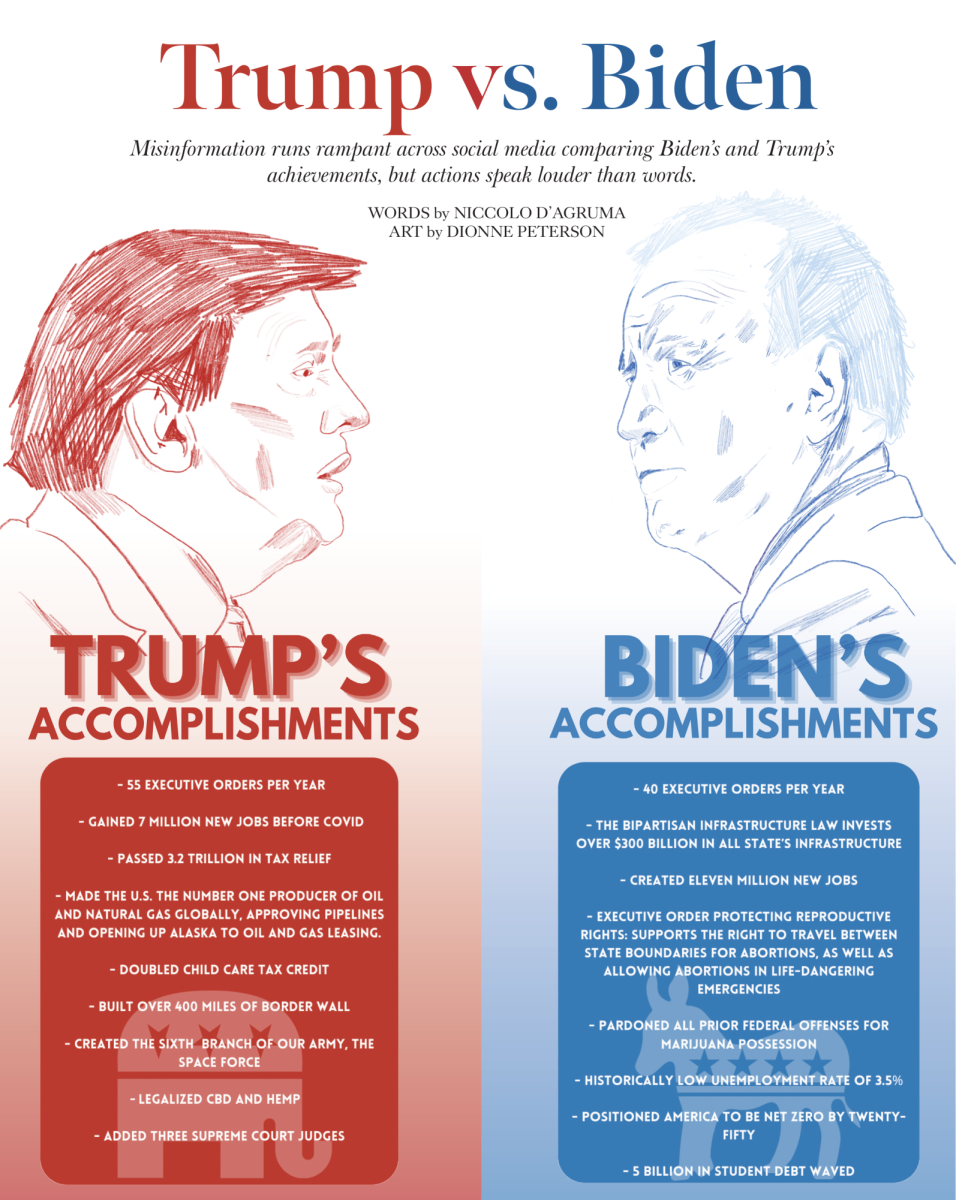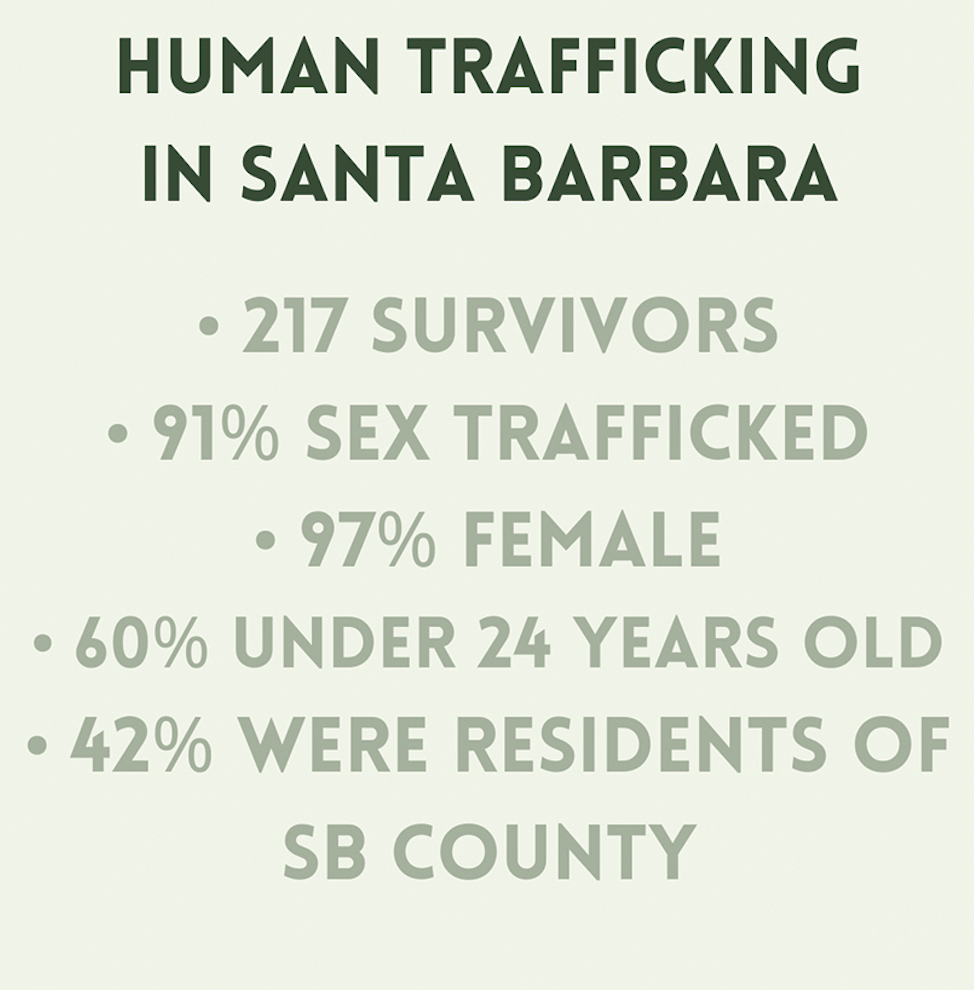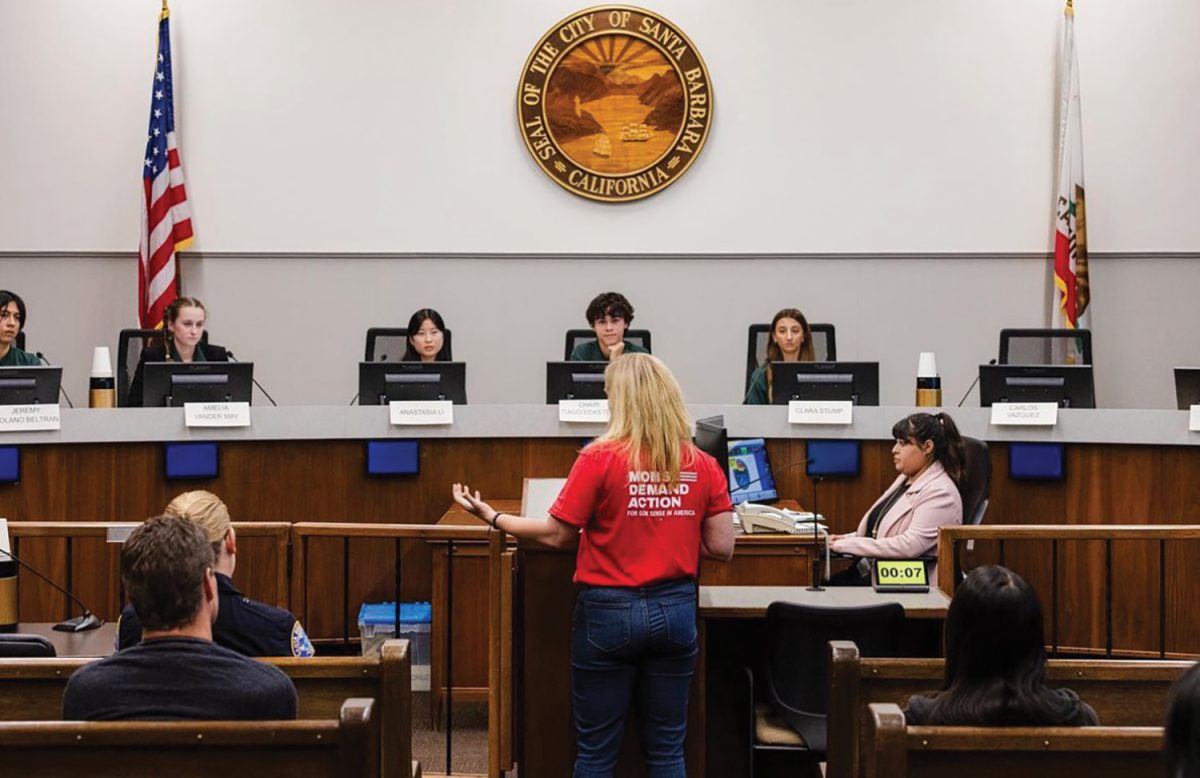Think about the last time you received an Amazon package. You probably needed something small—that new book you wanted to read, a last-minute Halloween costume, a birthday present for a friend—and all you needed to do was click a few buttons and wait a couple of days before it arrived on your doorstep in an all-too-familiar smiling box.
It’s no secret that Amazon has entirely reshaped the world of retail. American consumers have come to rely on the platform for virtually anything they need at a reasonable price with the expectation that it will arrive within a day or two. Amazon has allowed thousands of small businesses to conveniently market and sell their products to consumers.
It all sounds too good to be true, right? Well, it is.
The truth is, according to the Federal Trade Commission (FTC), that Amazon is a monopoly. No other company has the kind of credit, prevalence, and power that Amazon has garnered in the last decade, especially during and after the COVID-19 pandemic.
The FTC is suing Amazon, claiming it has exploited its monopolistic power. Seventeen state attorney generals have joined the FTC’s side in the case: Connecticut, Delaware, Maine, Maryland, Massachusetts, Michigan, Minnesota, New Jersey, New Hampshire, New Mexico, Nevada, New York, Oklahoma, Oregon, Pennsylvania, Rhode Island, and Wisconsin.
The FTC alleges that Amazon unlawfully uses its platform to prevent its competitors from growing to match its power: “By stifling competition on price, product selection, quality, and by preventing its current or future rivals from attracting a critical mass of shoppers and sellers, Amazon ensures that no current or future rival can threaten its dominance.”
Because Amazon has no equal competitors, it has been able to shape its platform however it wants, at the expense of the smaller businesses that use it to market their products. The FTC claims that Amazon forces the businesses that sell through its site to sell their product on Amazon for the lowest price they offer; retailers that use Amazon cannot sell their products for cheaper prices on any other site. This agreement makes Amazon appear the most attractive option for consumers and prevents competition from emerging.
Another issue that the FTC brought up is that Amazon competes with its clients. Amazon creates and sells its own products through its site. According to the FTC, the platform ranks Amazon merchandise above its competitors, making it more likely for shoppers to choose the Amazon brands.
If the FTC wins the case, this lawsuit could significantly change how Amazon operates. The FTC is not opposed to breaking apart Amazon and is at least pushing for severe limitations.
Amazon’s senior vice president of global public policy and general counsel, David Zapolsky, claimed that the FTC’s accusations are illogical and that its win would only result in damaging Amazon’s services.
“If the FTC gets its way, the result would be fewer products to choose from, higher prices, slower deliveries for consumers, and reduced options for small businesses—the opposite of what antitrust law is designed to do,” said Zapolsky.
The government lawsuit against Amazon marks the second of its kind this year; in January, the Department of Justice opened an antitrust lawsuit against Google—also for monopolistic practices.
Critics are comparing the current monopolies to those of the Gilded Age. In the late 19th century, a handful of extremely wealthy businessmen—referred to as “robber barons”—dominated entire industries, including those of oil, steel, railroads, automobiles, and finance.
In response to the apparent monopolies of the late 1800s, Congress started to pass antitrust laws that eventually broke apart the robber barons’ domains and were supposed to prohibit monopolies from existing in the future.
Now that companies like Amazon and Google have such power, the U.S. government is taking action to examine whether the megacorporations’ activities align with the antitrust acts that successfully took down the monopolies of the Gilded Age.

















